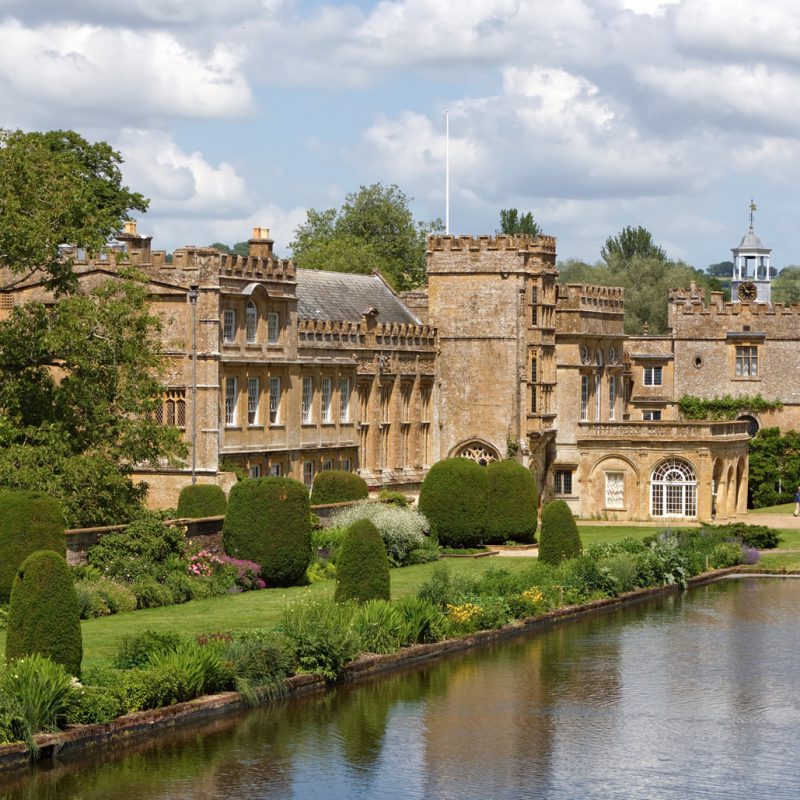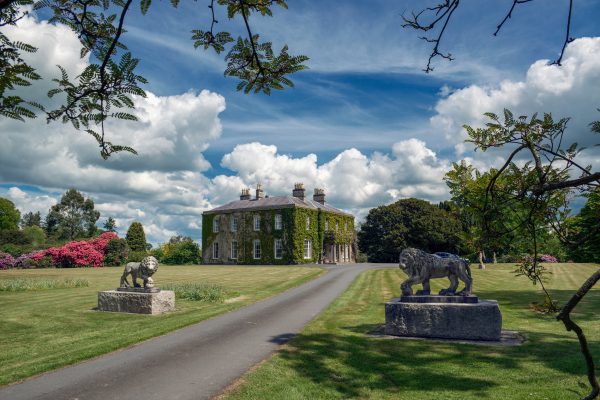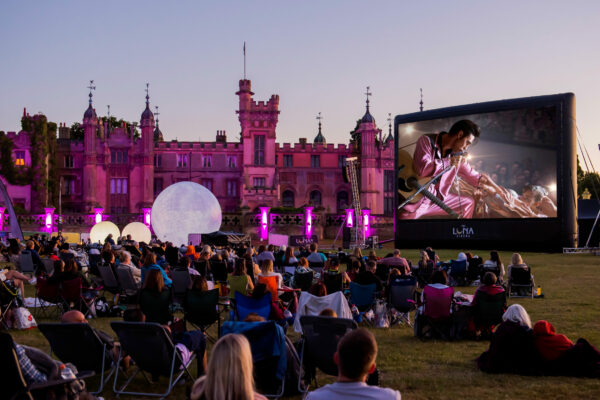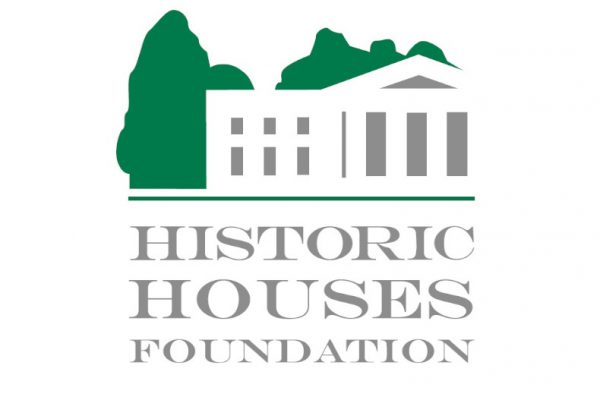Independent is Best
From everyone's point of view, independent owners make the best custodians for Britain's treasured houses and gardens
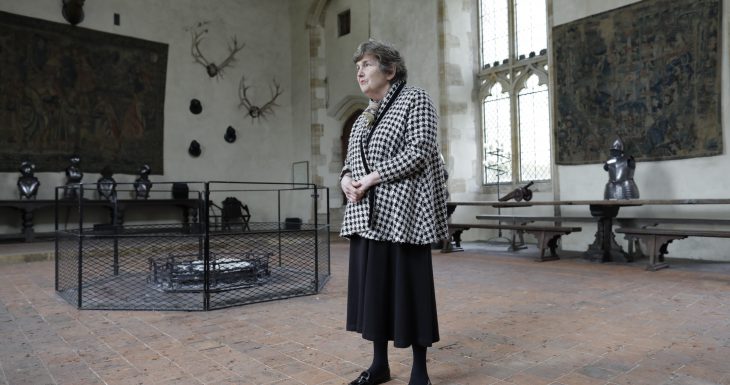
Historic Houses was founded in 1973 by a group of individuals who were caring for some of the country’s most important and best-loved historic places. They created the association to continue to make the case that experts like Sir Ernest Gowers, reporting to Clement Attlee’s Labour government in 1950, had set out decades before – that the best people to look after Britain’s stately homes are those who live in them.
There are three reasons independent owners are the best custodians of our historic houses and gardens.
Private ownership is efficient and saves public money. Between them, individual independent owners shoulder a financial burden that the state, or large charities like the National Trust, could never hope to take on. Private owners often bring their own resources (whether earnings from their job or income from land, for example) to support the upkeep of buildings and gardens. On top of that, they’re imaginative and entrepreneurial in finding appropriate and sympathetic new uses for their homes that will help to generate the cash for maintenance. And naturally, they spend that money thriftily and efficiently, ensuring whatever resources are available go further.
Historic houses were built to be lived in. In most cases a privately owned heritage site is also a home – the most appropriate use for the architecture. Lived-in homes represent an important historical continuity, with families who have often been in residence for generations continuing to care for and add to collections that take a greater meaning when they tell a story that is still being written today, rather than one that is over and lifeless.
And while large national institutions like the National Trust or English Heritage do a terrific job, and their scale does bring advantages, it’s also true that visitors to our houses love the fact that independent places aren’t all branded the same, and that the experience, from the approach to interpretation and stewarding down to the flavours of cake in the café and local produce to buy in the shop, is so varied and unexpected at every place.
Our case is that, because it’s in everyone’s interests that independent heritage should stay in independent hands, owners should be given fair and reasonable help to keep this burden off the public purse and to keep offering the innovative and beneficial access, of all kinds, that independent ownership encourages and enables. Since the publication of the Gowers report historic owners have been encouraged to turn these extraordinary buildings, which since the 1930s, at least, had come to be seen as a liability, into attractions that would pay for themselves. And that transformation and diversification has been a huge success. We work now for the retention and, where needed, reform, the settlement the underpins it.
Become a Historic Houses member
Explore the nation’s heritage from just £68 per year.
Hundreds of the most beautiful historic houses, castles, and gardens across Britain offer our members free entry.
Also: receive a quarterly magazine, enjoy monthly online lectures, get exclusive invitations to buy tickets for behind-the-scenes tours, and take up a range of special offers on holidays, books, and other products you might like.
